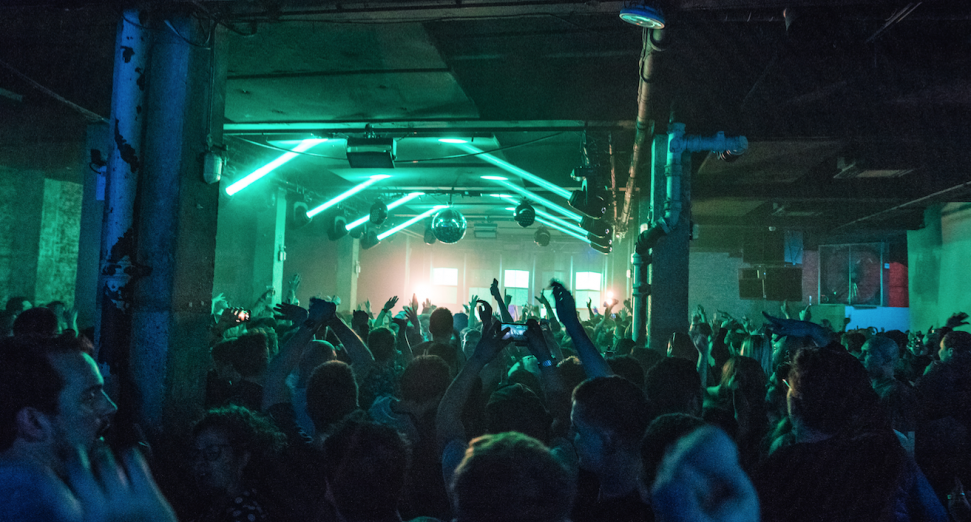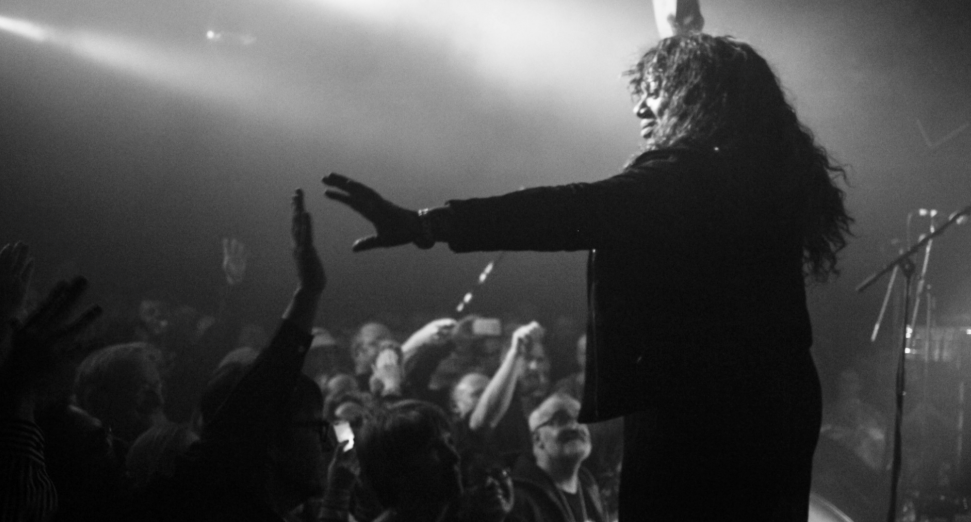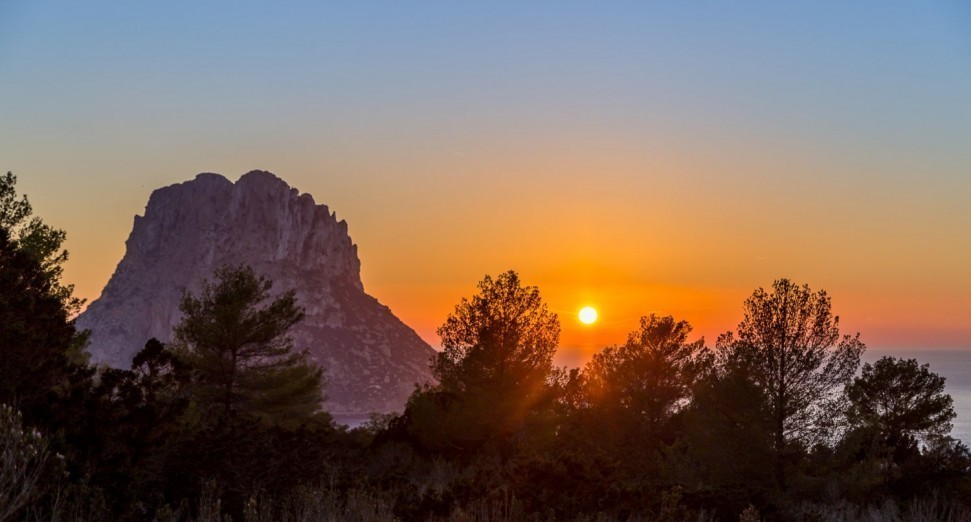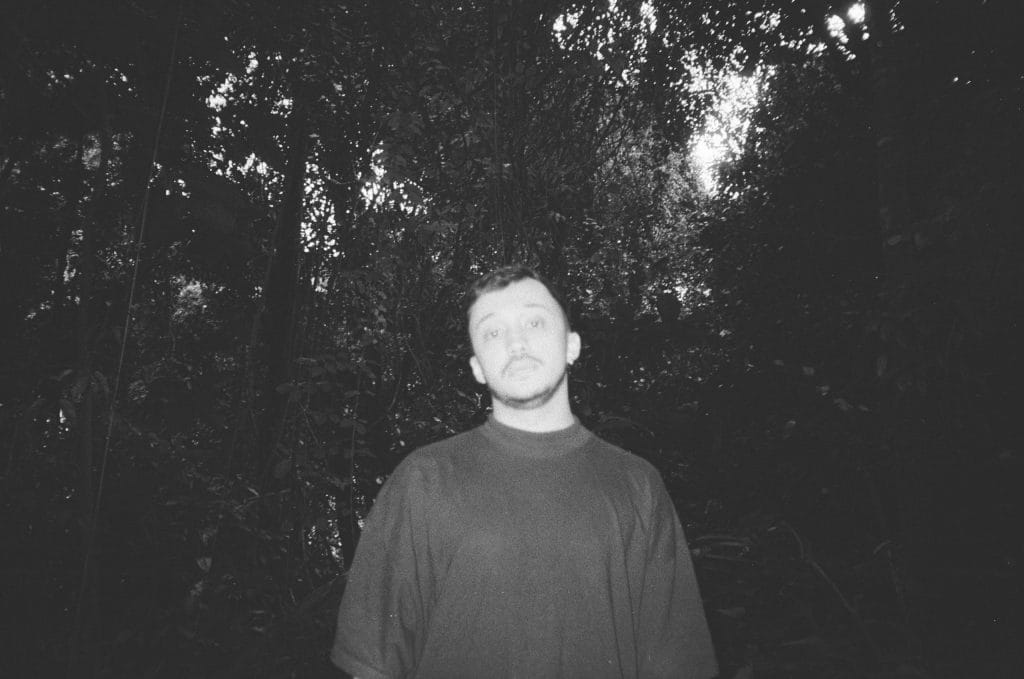
Marcal Breaks Down Performance Wins and Studio Priorities Ahead of EP Release
(photo credit: Credit: Thiago Daher)
Porto-based Brazilian producer and DJ Marcal releases Enchant & Deceive on Enemy Records on September 26. The five-track EP with a digital bonus marks his third outing on Dustin Zahn’s label and follows a May debut on Donato Dozzy and Neel’s Spazio Nero, with a Key Vinyl release slated later this year. Since relocating from Goiânia to Porto in 2024, he has maintained a steady run of records on imprints that include Rekids Special Projects and Token Records.
The EP features “Swindle,” “Two Become One,” “Blessing,” and “Perpetuity Wing,” plus the digital bonus “Spellbind.” The material leans into Brazilian references through Samba and Bossa Nova-informed percussion programming and a focus on firm low-end movement. “Perpetuity Wing” draws inspiration from the series Severance, whereas “Two Become One” offers a more melodic take, featuring female vocals and restrained drums.
On the performance side, Marcal has logged Awakenings Upclose, a fourth appearance at Berghain, a closing set at Bassiani, and Portugal’s Danza Futura, with South America dates in August and September, European club stops in Rome and Amsterdam, and Australia and Asia in late September and October. In the interview below, he speaks on why connecting with crowds drives his work, how he manages ego in the booth, and what long hours in the studio teach him about discipline and growth.
When you think back to when you first started DJing, what do you think you were really chasing?
When I first started DJing, I was chasing the feeling of being behind the decks and shaping a night. It wasn’t just about me — I wanted to see how a DJ could change the mood of a room or even touch someone’s life, if only for one night. My first contact with electronic music was through European trance and psytrance, and that sense of euphoria stayed with me.
Later, I explored hardstyle and EDM before arriving at techno, which finally felt like home. Looking back, I realize I was chasing a sense of purpose – to create moments people remember.
Has your reason for doing this changed over time — or has it just gotten clearer?
It has gotten clearer. At first, I thought it was about the thrill of DJing. Over time, I realized my real reason is to connect with people. Playing a set isn’t just about technique or track selection – it’s about guiding energy in a way that can stay with someone for years. Music doesn’t have to be one-dimensional.
My background in different styles of electronic music taught me that I can express both sound and evolution. Today, I DJ because it’s the clearest way I know how to connect with others and show who I am.
Do you think ego is something you have to wrestle with as a DJ, or can it actually help in the right ways?
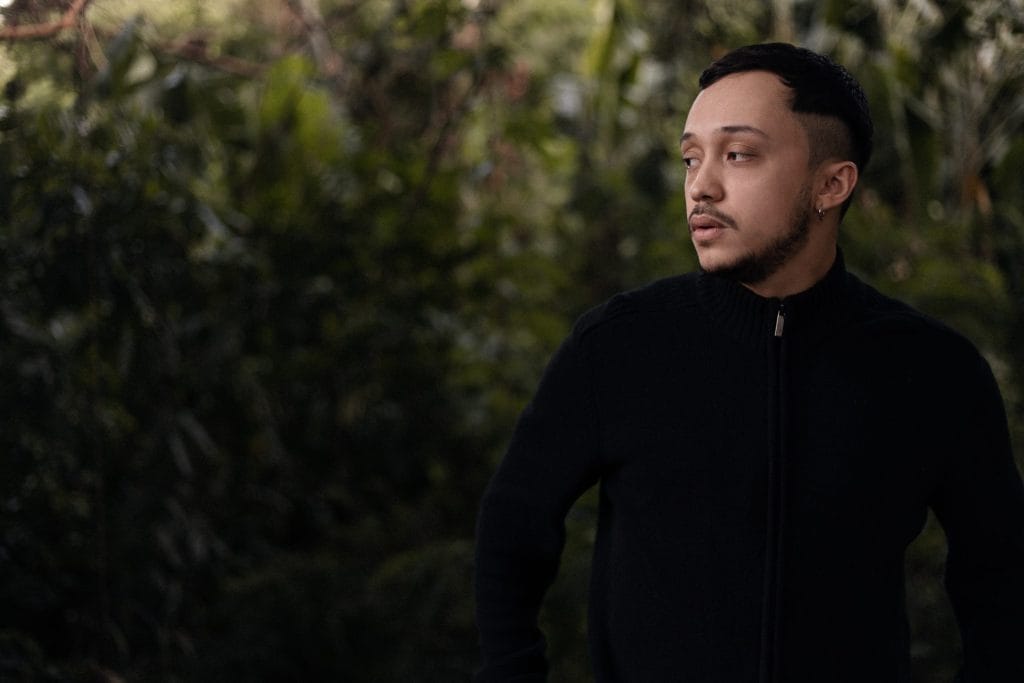
Ego is always there, but it depends on how you use it. If it takes control, it blinds you to the crowd and the music. When it’s balanced, ego gives you the confidence to stand in front of hundreds of people and lead them through a night. There’s a thin line between arrogance and self-belief.
Ego is a tool – you have to tame it, not erase it. When you respect the music first and let your craft speak, ego becomes fuel instead of weight.
How much of your identity is tied up in being a DJ — and has that ever been a good or bad thing?
Being a DJ is a big part of who I am, but it’s not everything. It gives me structure, discipline, and a reason to grow. The risk is tying your self-worth to gigs or recognition.
That can be unhealthy, because this path has many ups and downs. The good side is that DJing keeps me connected to something bigger than myself. I see it as one way to express who I am, not the only one.
What do you love most about this role right now, when it’s going well?
When it’s going well, I love how simple and powerful it feels. You can spend nights in the studio fine-tuning ideas, experimenting, and creating, and then, on the night of a show, all that work turns into a direct exchange of energy.
There’s no filter – the crowd reacts instantly, and you feel it in your body. I love that moment when the room moves as one, completely in sync. At my last closing at Bassiani, it felt like the crowd and I were one. The energy was immediate and unforgettable. That connection makes all the hard work worth it.
What keeps you coming back to the booth even on the hard nights, or when the scene feels off?
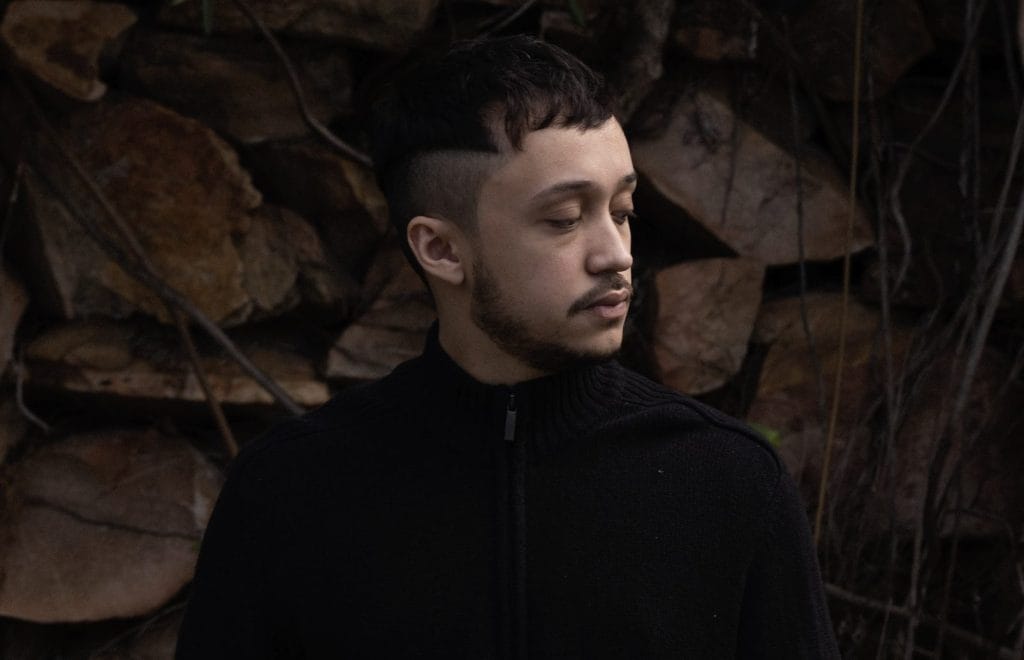
On hard nights, what keeps me going is the discipline of the craft.
You can’t control the crowd, the energy, or the setting, but you can control how you show up. Sometimes the scene feels off, and I get demotivated… then I realize I might just be tired from all the travel. Once the energy comes back, I want to destroy the dancefloor and give my best, both in the booth and in the studio. The
booth is where I’ve grown the most – as an artist and as a person. It teaches patience, resilience, and focus, and those lessons keep me coming back.
Do you feel like you’re part of a bigger community — or does it still feel like a solo path sometimes?
I feel both. Music is always a community – you share a language with other DJs, producers, promoters, and dancers who believe in the same culture. At the same time, the artist’s path is personal and often solitary. You spend hours alone in the studio or traveling, questioning your choices. But when you step into a club or festival, you see you’re part of a larger movement beyond yourself. That balance of solitude and community is what makes the journey meaningful.

